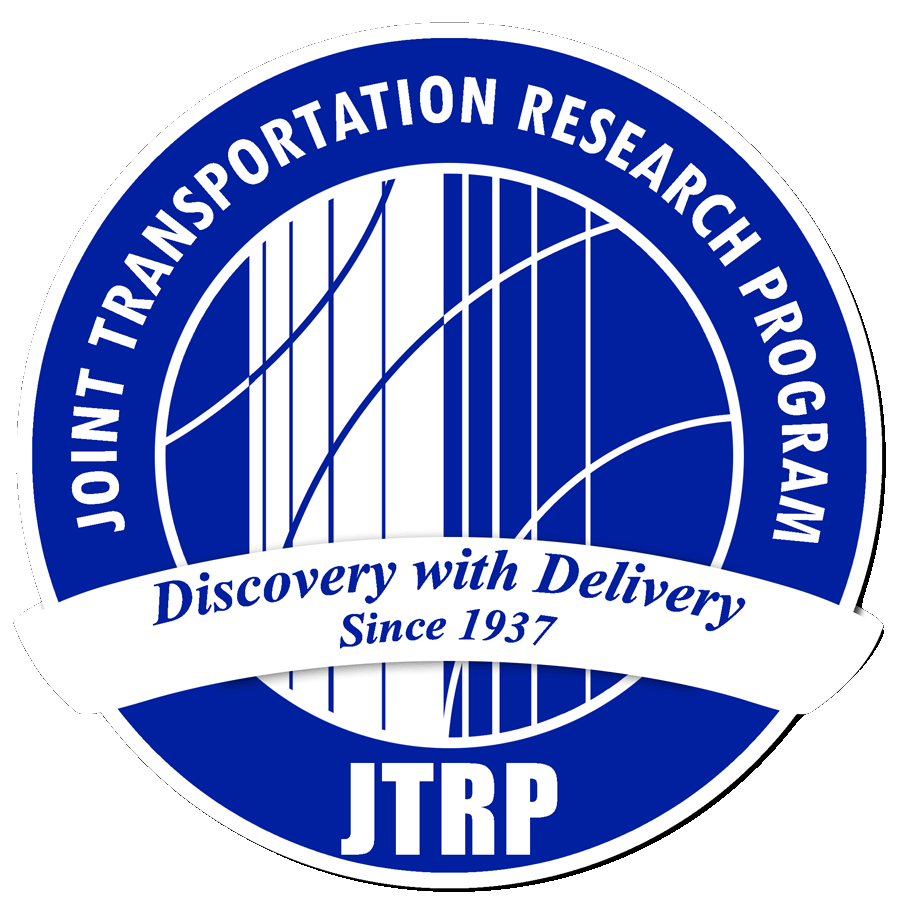Recommended Citation
Montoya, M. A., Weiss, W. J., & Haddock, J. E. (2017). Quantifying asphalt emulsion-based chip seal curing times using electrical resistance measurements (Joint Transportation Research Program Publication No. FHWA/IN/JTRP-2017 /05). West Lafayette, IN: Purdue University. https://doi.org/10.5703/1288284316389
DOI
10.5703/1288284316389
Abstract
Chip sealing typically consists of covering a pavement surface with asphalt emulsion into which aggregate chips are embedded. The asphalt emulsion cures through the evaporation of water, thus providing mechanical strength to adhere to the pavement while keeping the aggregate chips in place. The curing time for the chip seal depends on many factors, such as the asphalt emulsion and aggregate types, aggregate moisture content, emulsion and aggregate application rates, and environmental conditions (e.g., temperature, wind speed, relative humidity, and solar radiation). Currently, no field technique is available to quantify when sufficient mechanical strength has developed in the binder to allow traffic on a newly sealed roadway or to remove the surplus aggregate from a fresh chip seal through brooming. Instead such decisions are made by empirical factors that rely on the experience of field personnel.
This study investigated the use of electrical resistance measurements to develop a quantitative method for determining the optimum curing time for chip seals. First, full frequency, two-point, uniaxial electrical impedance spectroscopy was used to characterize the electrical properties of asphalt emulsions and various asphalt emulsion-aggregate combinations. The laboratory test results suggest a relationship between the changes in the electrical resistance of an asphalt emulsion and the amount of curing that has occurred in the system. Additionally, standardized mechanical strength tests and full-scale field trials were conducted using a variety of materials. The electrical properties of the fresh seals were quantified using a handheld electrical device with a two-point probe to measure resistance. The findings suggest that chip seal systems gain significant mechanical strength when the initial electrical resistance measurement increases by a factor of 10. Finally, the implementation of the methodology for five full-scale chip seal projects in Indiana indicates that curing times for the chip seals range from 3.5 to 4.0 hours.
Report Number
FHWA/IN/JTRP-2017/05
Keywords
chip seal, emulsified asphalt, electrical resistance
SPR Number
3801
Performing Organization
Joint Transportation Research Program
Sponsoring Organization
Indiana Department of Transportation
Publisher Place
West Lafayette, Indiana
Date of this Version
2017


